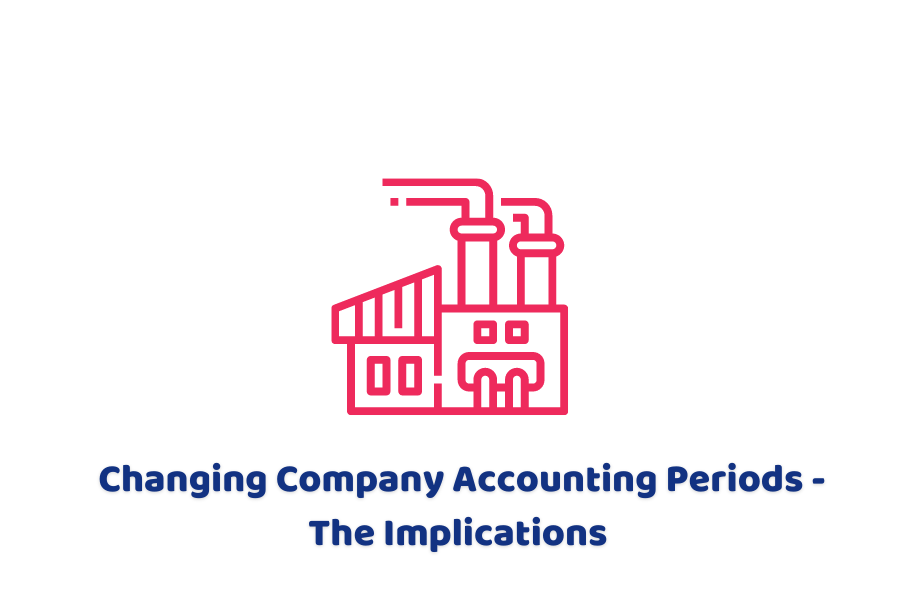The usual method of incorporation is via Companies House WebFiling or Company Formation Agent (although paper submissions are still accepted). If incorporating via WebFiling there is the added benefit of HMRC automatically being notified by Companies House when a new company has been formed. HMRC will then usually issue a ‘Notice to deliver a tax return’ confirming the reporting date of the first accounts. In most cases, the notice period coincides with an accounting period of the company and a return is then submitted for a matching period.
The first accounting period usually covers more than 12 months because the starting date is the date that the company was incorporated ending on the ‘accounting reference date’, i.e. the last day of the month the company was set up. In the following years, the accounting reference date will normally cover the company’s financial year.
Example
If a company is incorporated on 11 May 2022, its accounting reference date will be 31 May 2023, so the first accounts cover 12 months and 3 weeks. The accounts will be from 1 June to 31 May in the following years.
Although Companies House sets the accounting period dates, the dates covering the first tax return will depend on whether or not the company started trading on the same day that it was incorporated. This because a company usually first comes within the charge to corporation tax when the company commences a trading activity. However, an accounting period will also be deemed to have commenced as soon as the company acquires a source of income (which could be the opening of an interest-bearing bank account).
Shortening the Accounting Period
The period covered by a tax return (the ‘accounting period’ for Corporation Tax) cannot be longer than 12 months. So to cover the first accounting period two tax returns may have to be filed (in the above example one for the year ended 10 May 2023 and another for the period 11 May 2023 to 31 May 2023); if so, there will also be two payment deadlines. Only one return will be required in the following years — usually covering the same financial year as the accounts. The submission of two tax returns for just a few weeks (sometimes days) can be made more accessible by applying to shorten the accounting period to the end of the month before. Therefore, in the example above by applying to shorten so that the end date is the last day of the month before, only one set of accounts is required for the period 11 May 2023 to 30 April 2024 and also only one tax return and one tax payment.
Late submission of accounts to Companies House results in an automatic penalty of £150. Successful appeals against such penalties are rare. Of course the way to avoid a penalty is to submit the accounts on time. However, if you can see that you will not be able to make the deadline for whatever reason there is a way to avoid any penalty by shortening the accounting reference date, gaining an additional three months to submit.
When the accounting reference date is shortened the new deadline for filing accounts at Companies House becomes the longer of:
- nine months from the new accounting reference date; or
- three months from the date of receipt of the application form AA01 (change the accounting reference date).
Therefore if the accounting reference date is shortened by just one day that gains an additional three months in which to submit the accounts. In addition, the rules allow accounts to be made up to seven days on either side of the accounting reference date so these accounts can be submitted as prepared with no alterations required.
Importantly, the change to AA01 form must be received by Companies House before the date that the accounts are due initially and therefore, this method cannot be used if the filing deadline has passed.
Example
A company’s year-end (Accounting Reference Date) is 31st March 2022.
The deadline for submission to Companies House is 31 December 2022.
However, the directors confirm that the accounts cannot be submitted by that date and wish to apply to shorten the accounting period.
An application is made to Companies House on Application form AA01 to shorten the accounting reference date by one day to 30 March 2022.
Accounts can be made up to seven days either side of the original accounting date and therefore the accounting reference date remains as 31 March 2022.
The revised submission deadline will be three months from the date that the AA01 is filed. Therefore, in this scenario, if form AA01 was submitted on 23 December 2022 the revised filing date will be 22 March 2023.
The next set of accounts to the year ended 31 March 2023 would need to be filed by 30 December 2023.
Partner Note: s390; s 392; s442 Companies Act 2006

